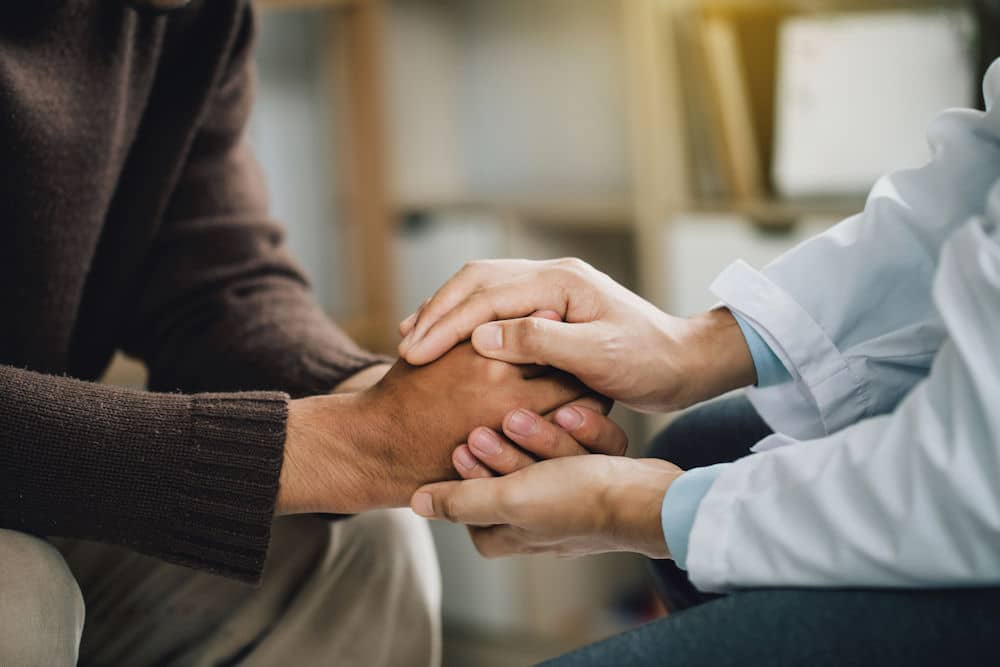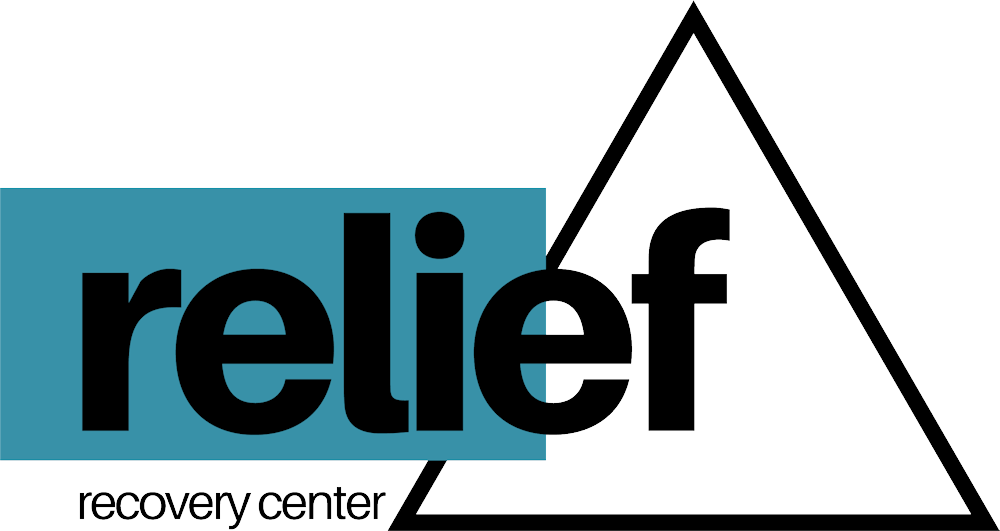Providing guidance and support for families affected by addiction
Helping Families Navigate Addiction and Recovery
» Who We Treat »
If you are a family member or loved one of someone struggling with addiction, it can be an overwhelming and emotional experience. Addiction affects not only the individual but also their family members and loved ones.
We understand that you may be feeling frustrated, angry, or helpless, and we want you to know that you are not alone. This page is designed to provide an overview of the specific challenges you may be facing and offer strategies for overcoming them. Remember, recovery is possible, and with the right resources and support, your loved one can work towards a healthier and happier future.
We are just phone call away! Contact Relief Recovery Center for a consultation and begin your journey to recovery today!
Challenges You May Be Facing
Overcoming Fear and Denial
Approaching your loved one with empathy and understanding can help them feel more comfortable opening up to you about their struggles. It’s important to listen without judgment and to let them know that you support them no matter what.
- Approach them with empathy and understanding, and let them know that you are there to support them.
- Encourage them to talk openly about their fears and concerns.
- Provide reassurance that seeking help is a brave and positive step.
- Remind them that addiction is a disease, and it’s not their fault.
Lack of Knowledge about Treatment Options
- Educate yourself about the various treatment options available.
- Help your loved one research and find information about different treatment programs.
- Connect them with addiction specialists or support groups who can provide additional guidance.
- Encourage them to talk to their healthcare provider or seek a professional evaluation.
Uncertainty about How to Help
Solutions:
- Recognize that addiction is a complex disease that requires professional help.
- Offer your support and encouragement to seek treatment.
- Connect them with resources and support groups for families and loved ones of those struggling with addiction.
- Educate yourself about addiction and ways to support recovery.
- Encourage them to attend therapy or counseling sessions to work through their addiction.
Financial Constraints
Relapse
Stigma and Shame
Common Substance Use Disorders
If your family member or loved one is struggling with substance use disorder, know that you are not alone and they are not alone.
With over 20 million Americans diagnosed with an substance use disorder, but only around 1 million receiving treatment, there is a significant gap that needs to be addressed. Our goal is to help reduce this gap, one person, one family, and one community at a time.
At our center, we provide personalized treatment plans for individuals battling addiction to alcohol, opioids, and illicit drugs.
Our team is committed to helping them overcome their addiction and achieve lasting recovery through evidence-based treatment approaches and compassionate care.
You are not alone in this battle
- 21.2 million Americans aged 12 or older needed substance use treatment.
- Addiction treatment reduces drug use by 40% to 60%, significantly decreases criminal activity, and improves social and occupational functioning.
What Can You Do
Remember that addiction is a complex disease, and recovery is a process that takes time and effort. Encouraging your loved one to seek help and offering your support can make a significant difference in their recovery journey.
Research and Gather Information
Understand the Recovery Process
Relief Recovery Center Treatment Options:
Support Groups and Helplines:
- Learn to Cope: This is a peer-led support network for families and loved ones of individuals struggling with addiction. They offer weekly support group meetings in various locations across Massachusetts, including in Hyannis, Falmouth, and Cape Cod.
- Massachusetts Substance Use Helpline: This is a free and confidential helpline that provides information and resources for individuals seeking addiction treatment.
Confront the Issue
- Plan ahead: Schedule a time and place where you can talk to your loved one in a private and comfortable setting. Make sure you have enough time to discuss the issue thoroughly and avoid interruptions.
- Use “I” statements: Instead of blaming or accusing your loved one, use “I” statements to express your concerns. For example, you could say “I’m worried about your drinking habits” instead of “You’re an alcoholic.”
- Be specific: Provide examples of specific incidents or behaviors that have caused you concern. This can help your loved one understand the severity of the issue and make it more difficult for them to deny it.
- Listen: Allow your loved one to express their feelings and concerns. This can help them feel heard and understood, which can make them more open to seeking help.
- Offer support: Let your loved one know that you care about them and want to support them. Offer to help them research treatment options or attend meetings with them.
Example:
“I wanted to talk to you about your drug use. I’ve noticed that you’ve been using more frequently and it’s starting to worry me. I care about you and I want to help you get better. Can we talk about what’s been going on?”
Remember, confronting your loved one about their addiction can be a difficult and emotional conversation. It’s important to approach it with empathy and understanding and to offer support and resources to help them get the help they need.
Consider an Intervention
- Seek Professional Help: Work with a professional interventionist who has experience in planning and executing interventions. We can help you plan the intervention, guide the conversation, and ensure that everyone involved feels safe and supported.
- Choose the Right Time and Place: Choose a time and place where your loved one feels comfortable and is more likely to be receptive to the conversation. This could be at home, in a therapist’s office, or another safe and neutral location.
- Prepare for the Conversation: Write down what you want to say and practice it beforehand. Focus on how your loved one’s addiction is impacting their life and the lives of those around them. Avoid placing blame or using accusatory language. Use “I” statements to express your concerns and feelings.
- Offer Support and Resources: Let your loved one know that you support them and want to help them seek treatment. Provide them with information about treatment options.
Remember that an intervention is not a guarantee that your loved one will immediately seek treatment. It may take time for them to come to terms with their addiction and make the decision to seek help. However, an intervention can be a powerful tool in helping your loved one see the impact of their addiction and the need for treatment.
Offer Your Support
Set Boundaries
- Establish clear communication: Let your loved one know what behaviors you will not tolerate and what the consequences will be if they continue.
- Limit contact: If their behavior is harmful or toxic, you may need to limit your contact with them. This can be difficult, but it’s important to prioritize your own well-being.
- Refuse to enable: Enabling is when you unintentionally support or enable your loved one’s addiction. This can include providing money, covering up their mistakes, or making excuses for their behavior. Refusing to enable can help encourage them to seek help and take responsibility for their actions.
- Seek support: It’s important to seek support for yourself, whether that’s through therapy, support groups, or friends and family. This can help you maintain your own mental and emotional well-being while also providing a safe space to talk about your loved one’s addiction.
Treatment Options
Addiction can be a challenging and emotional experience for family members and loved ones. It’s important to remember that you are not alone, and that there is help available for both you and your loved one. By approaching the situation with empathy and understanding, educating yourself about the various treatment options available, and providing your loved one with support and resources, you can help them work towards a healthier and happier future.

Detox

Day Treatment Program

Intensive Outpatient Program (IOP)

Outpatient Program (OP)

